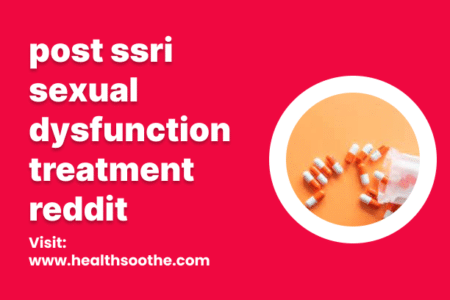Bloating is a prevalent and often vexing digestive issue, prompting many to seek effective and natural solutions. Probiotics, the beneficial bacteria known for promoting gut health, have emerged as a potential remedy. In this article, we delve into answering the critical question: “Do probiotics help with bloating?”
Demystifying Bloating Bloating is characterized by a feeling of fullness, discomfort, and visible swelling in the abdominal area. It can be caused by various factors, including overeating, consuming certain types of food, or an imbalance in the gut microbiome.
Understanding the underlying causes of bloating is the first step towards finding relief.
Probiotics: The Guardians of Gut Health Probiotics are living microorganisms that, when administered in adequate amounts, confer a health benefit on the host. They contribute to the balance of the gut microbiome, ensuring that beneficial bacteria flourish, which is essential for optimal digestive health.
Probiotics and Their Role in Alleviating Bloating Research has consistently shown that probiotics can play a significant role in alleviating bloating. By restoring balance to the gut microbiome, they help reduce gas production and improve the transit time of food through the digestive system, thus alleviating the symptoms of bloating.
Choosing the Right Probiotic Strains Not all probiotics are equally effective in managing bloating. Specific strains such as Lactobacillus acidophilus, Bifidobacterium bifidum, and Saccharomyces boulardii have been noted for their efficacy in reducing bloating and improving gut health. Consulting a healthcare professional to determine the most suitable strain for your needs is paramount.
Beyond Supplements:
Probiotic-Rich Foods Incorporating probiotic-rich foods into your diet is an excellent way to harness the benefits of these beneficial bacteria. Fermented foods like yogurt, kefir, sauerkraut, and miso are natural sources of probiotics and can be easily added to your daily meals.
Holistic Approach to Managing Bloating While probiotics offer a promising solution, adopting a holistic approach that includes dietary changes, stress management, and regular exercise is crucial. Reducing the intake of bloating-inducing foods, staying hydrated, and practicing mindfulness can enhance the effectiveness of probiotics in managing bloating.
Understanding the Limits of Probiotics While probiotics have shown promise in alleviating bloating, they are not a one-size-fits-all solution. Individual responses to probiotics can vary, and what works for one person may not work for another. Patience and experimentation under the guidance of a healthcare professional may be required to find the most effective solution.
Conclusion:
To wrap up, the growing body of research suggests a positive answer to the question, “Do probiotics help with bloating?” Probiotics, particularly specific strains, have shown their potential in restoring gut balance, reducing gas production, and alleviating bloating. By incorporating probiotic-rich foods into your diet, choosing the right supplements, and adopting a holistic approach to gut health, you can unlock the power of probiotics to combat bloating and enhance your overall well-being. Remember, consulting a healthcare professional before starting any new supplement is crucial to ensure safety and effectiveness. Probiotics could be your key to a bloat-free, healthier life.





